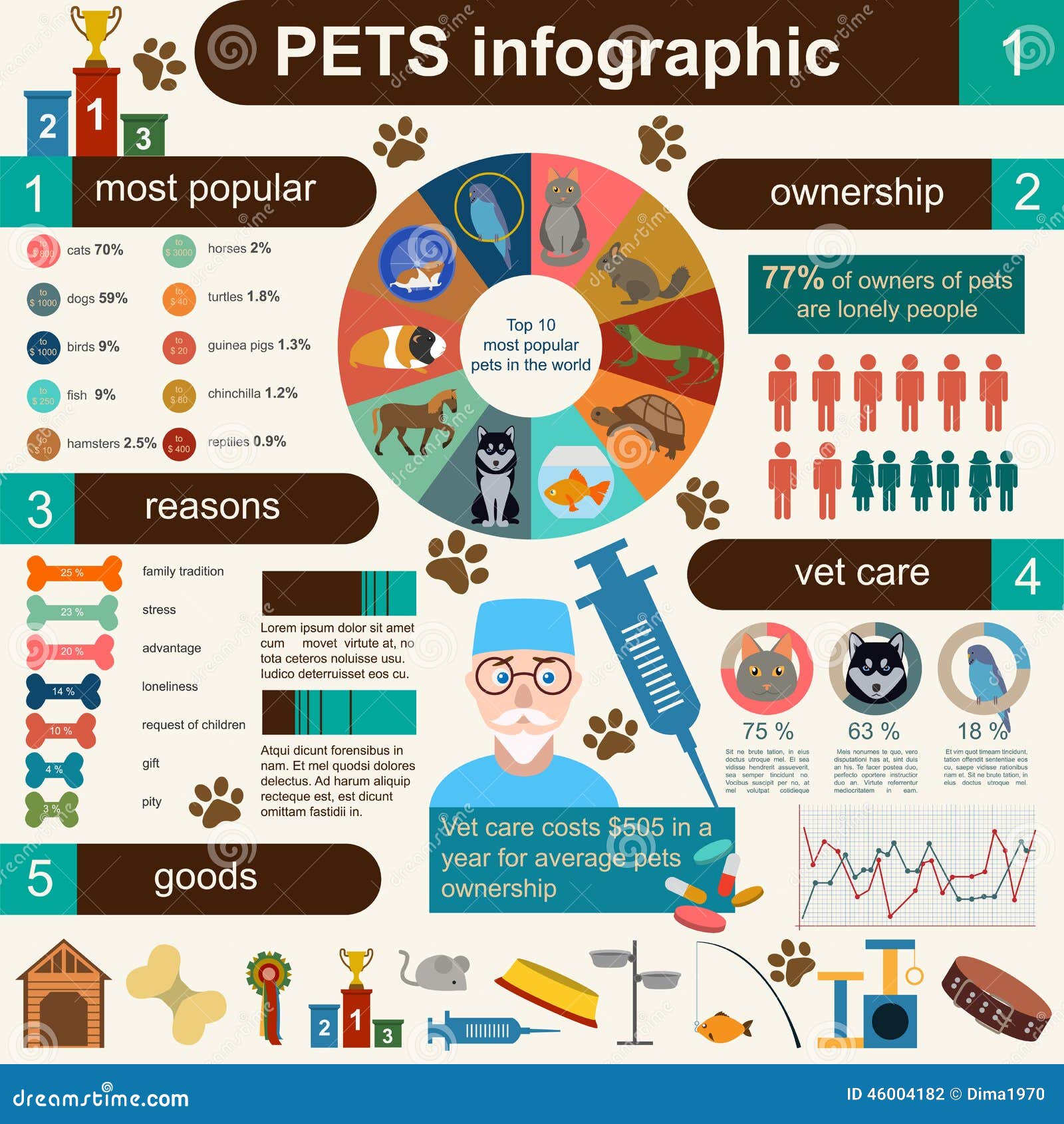Pet childcare is a great means to mingle your pet dog in a secure and regulated setting. Similar to youngsters, pet dogs at daycare can catch a variety of germs.
Several of these include: Dog distemper - an air-borne virus that assaults the respiratory system and gastrointestinal systems with signs consisting of vomiting and bloody looseness of the bowels. This is very contagious and can be deadly. Avoidance includes an efficient vaccination, and reliable centers commonly require this inoculation.
Canine Distemper
Much like children who go to institution, pets at a canine park or day care can obtain many different contagious conditions. These can consist of kennel cough, mange, ringworm, canine flu, distemper, rabies, and parvovirus (parvo).
While there are several conditions that cause coughing, fever, loss of appetite or seizures, the combination of these signs with the development to a nervous system disease is distinct to distemper. This can lead to death, particularly in young puppies and unvaccinated grown-up pets.
Distemper is spread mainly by straight call in between dogs, however can additionally be sent via respiratory system secretions or by contact with common food bowls, products, tools and surface areas. The infection is lost in physical secretions, and infected hands, feet, noses and mouths. Pups and strays are most at risk to infection.
Pooch Flu
A really transmittable viral condition that influences pet dogs (and in unusual situations, felines). It is spread by breathing secretions and polluted items, such as leashes, toys, food bowls and collars. It can likewise be transferred from human hands to the mouth and nose of infected canines.
Symptoms include coughing, sneezing, runny nose and eyes, high temperature and anorexia nervosa. Extreme cases can lead to pneumonia.
Because this is a relatively brand-new condition, the majority of pets have no all-natural resistance against it and will end up being contaminated when initially subjected. Injections are offered. Respectable childcares and boarding centers will certainly call for all pets to be up to date on their influenza, bordetella and parainfluenza vaccines. If your canine is experiencing signs of kennel cough, it's finest to maintain them home from childcare up until they are free from the health problem.
Pooch Coughing
Canine transmittable tracheobronchitis, more typically referred to as kennel coughing, is a fantastic read a multifactorial disease triggered by a selection of infections and bacteria. Generally, influenced dogs establish a completely dry hacking coughing that is made worse by workout or exhilaration and can last for weeks. Much more severe instances can result in bronchopneumonia and require aggressive therapy including a hospital stay for IV-provided antibiotics, oxygen treatment and fluids.
The most usual reason for kennel coughing is the bordetella microorganism, however infections can also be brought on by herpesvirus, parvovirus and adenovirus. It is transmitted through beads released when infected pets sneeze or cough, dog-to-dog get in touch with and sharing items such as food and water bowls or toys. Inoculation for this illness is available and is advised for pet dogs that hang around in boarding centers, brushing stores, pet childcare and training courses as well as those participating in canine sports or group canine strolls.
Pooch Parvovirus
Canine parvovirus (CPV) is one of the most dangerous illness that influences unvaccinated dogs. The virus attacks the gastrointestinal tract, leading to throwing up and extreme looseness of the bowels. It additionally infects the bone marrow, resulting in a drop in protective white blood cells. The weakened immune system enables the infection to spread out swiftly. It is particularly deadly for young puppies and dogs of young age, yet it can likewise attack grown-up dogs and various other canids like coyotes and foxes.
This very contagious health problem is spread via direct contact with a contaminated pet dog, the contaminated atmosphere such as kennels and food bowls, and even the hands and garments of people taking care of the canine. Inoculation for this disease works, and trusted childcare and boarding facilities will certainly require it. The kennel coughing injection is often recommended in conjunction with the parvovirus vaccine.
Canine Parasites
Parasites may be internal (worms) or external (fleas, ticks). Intestinal parasites can cause a selection of troubles, yet they are especially severe in young puppies. For example, hookworms connect to the intestinal wall surface and suck blood, bring about anemia in pups. Pups may be infected with these bloodsuckers by consuming feces-contaminated dirt or via the mommy's milk throughout nursing. Puppies may additionally become infected with whipworms, which are single-celled bloodsuckers that connect to the intestine and lower nutrient absorption, creating persistent watery diarrhea.
Dogs can likewise be infected with tapeworms, heartworms, roundworms and giardia. If you discover worms in your pet's feces, a check out to your vet is advised for diagnosis and treatment. Bloodsucker infections are avoidable with month-to-month spot-on treatments and regular cleaning of food, water and feces bowls.
